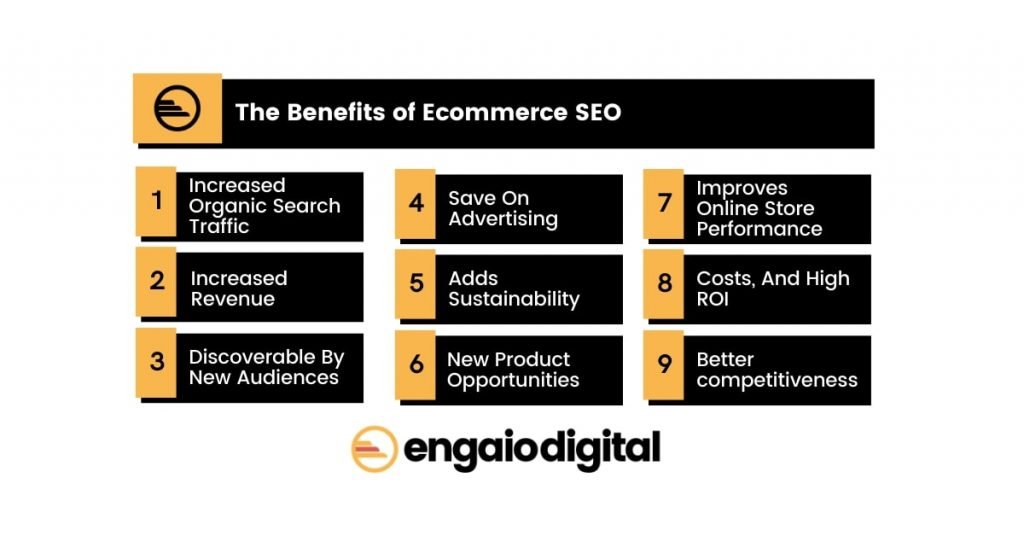Artificial Intelligence for Business
In a cutthroat business landscape, enterprises that embrace future-proof technologies like artificial intelligence (AI) wield a significant competitive advantage. AI, once relegated to the realm of science fiction, has emerged as a cornerstone of modern business practices, revolutionizing processes, optimizing operations, and generating unparalleled value for organizations across sectors. From automating mundane tasks to predicting customer behavior, AI empowers businesses to achieve new heights of efficiency, innovation, and profitability.
Applications of AI in Business
The breadth of AI applications in the business world is vast, extending far beyond the popular applications in customer service and marketing. Let’s delve into some of the most impactful use cases that are driving business success today:
Customer Service
AI-powered chatbots and virtual assistants are transforming customer service by providing instant, personalized support 24/7. These virtual agents can handle a wide range of inquiries, from order tracking to troubleshooting, freeing up human agents to focus on more complex issues. AI also empowers businesses to analyze customer interactions, identify trends, and tailor their services accordingly.
Marketing
AI is revolutionizing marketing by enabling businesses to target their campaigns with precision and measure their effectiveness accurately. AI-powered algorithms analyze vast amounts of customer data to segment audiences, personalize messages, and optimize ad campaigns for maximum ROI. By understanding customer preferences and behaviors, businesses can create highly targeted marketing initiatives that resonate deeply with their intended audience.
Sales
AI is playing a pivotal role in sales optimization. AI-powered lead generation tools identify and qualify potential customers, saving sales teams valuable time and effort. Predictive analytics help sales professionals prioritize leads and forecast sales, enabling them to close deals more efficiently. Additionally, AI can automate sales processes, such as scheduling appointments and sending follow-up emails, freeing up sales reps to focus on building relationships and nurturing leads.
Supply Chain Management
AI is transforming supply chain management by optimizing inventory levels, predicting demand, and streamlining logistics. AI-powered systems can monitor inventory levels in real-time, identify potential shortages, and automatically trigger reorders. By leveraging predictive analytics, businesses can forecast demand more accurately, reducing the risk of overstocking or understocking. Additionally, AI can optimize transportation routes and delivery schedules, minimizing costs and improving customer satisfaction.
Financial Management
AI is also making waves in financial management. AI-powered systems can automate tasks such as data entry, reconciliation, and fraud detection, freeing up financial professionals to focus on strategic decision-making. Predictive analytics can help businesses forecast financial performance, identify risks, and optimize investment portfolios. By leveraging AI, businesses can gain a deeper understanding of their financial health and make more informed decisions.
Artificial Intelligence (AI), the use of machines to perform tasks that would typically require human intelligence, is revolutionizing industries worldwide. From automated customer service chatbots to self-driving cars, AI is rapidly redefining how businesses operate. However, implementing AI also poses some challenges that companies must acknowledge and address.
Cost
AI technology can be expensive to acquire and implement. Businesses need to invest in hardware, software, and specialized personnel to effectively utilize AI. The cost of training AI models, which require vast amounts of data, can also be significant.
Data Requirements
AI algorithms rely on data to learn and make predictions. Therefore, businesses need access to sufficient and high-quality data to train and deploy AI models effectively. Collecting, cleaning, and preparing data can be time-consuming and resource-intensive.
Ethical Concerns
AI raises ethical concerns, including potential job displacement, biases in decision-making, and surveillance. As businesses adopt AI, they must consider the ethical implications and ensure transparent and responsible use of this technology.
Challenges of Implementing AI
Implementing AI can be challenging, due to factors such as cost, data requirements, and ethical concerns. Businesses need to carefully consider these challenges and develop strategies to overcome them. By addressing these obstacles, companies can harness the transformative power of AI to streamline operations, improve decision-making, and drive growth.
Artificial Intelligence for Business: A Game-Changer for the Modern World
In the ever-evolving business landscape, artificial intelligence (AI) has emerged as a game-changer, transforming the way companies operate and compete. From automating mundane tasks to providing real-time insights, AI is revolutionizing every aspect of business, from customer service to supply chain management. As the technology continues to advance, its impact on businesses is only expected to grow, creating a future where AI and human ingenuity work hand-in-hand to drive innovation and success.
Benefits of AI for Business
The benefits of AI for business are multifaceted. By automating routine tasks, AI frees up employees to focus on more strategic and creative initiatives. It enhances decision-making by providing data-driven insights, helping businesses make informed decisions. AI also improves customer experience through personalized interactions and real-time support. Moreover, it optimizes supply chains, reducing costs and improving efficiency. The potential of AI to transform businesses is vast, making it an essential investment for companies looking to stay ahead of the curve.
Current Applications of AI in Business
AI is already being widely adopted across various industries. In retail, AI powers personalized recommendations and streamlines online shopping experiences. In healthcare, AI aids in disease diagnosis, drug discovery, and precision medicine. AI-driven chatbots provide real-time customer support in finance and banking. Supply chains are being optimized through AI-enabled predictive analytics and inventory management. The applications of AI continue to expand, with new use cases emerging every day.
Future of AI in Business
AI is expected to continue to play an increasingly important role in businesses, with new applications and advancements emerging. One key trend is the rise of AI-powered automation, which will further streamline processes and enhance productivity. AI is also expected to become more integrated with cloud computing, enabling businesses to access and leverage vast amounts of data. Additionally, the development of AI algorithms and machine learning techniques is expected to lead to even more sophisticated and intelligent AI systems.
Challenges of AI Implementation
While AI offers significant benefits, its implementation also poses challenges. One concern is the potential job displacement as AI automates tasks previously performed by humans. It is essential for businesses to address this challenge by retraining employees and creating new job opportunities. Data privacy and security are other important considerations, as AI systems rely on vast amounts of data. Businesses need to ensure that this data is used responsibly and ethically.
Conclusion
Artificial intelligence is rapidly transforming the business world, offering a host of benefits and opportunities. As AI continues to evolve, businesses that embrace this technology will be well-positioned to thrive in a future where innovation and efficiency are key. By leveraging AI’s capabilities, companies can automate tasks, improve decision-making, enhance customer experience, optimize supply chains, and gain a competitive edge. The future of AI in business is bright, and those who seize the opportunity to harness its potential will reap the rewards.
Saran Video Seputar : artificial intelligence for business




Leave a Reply